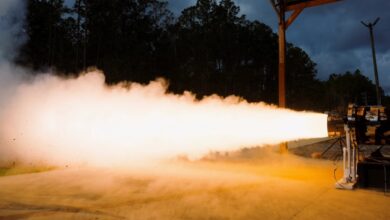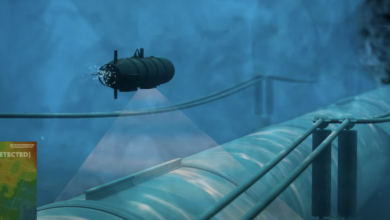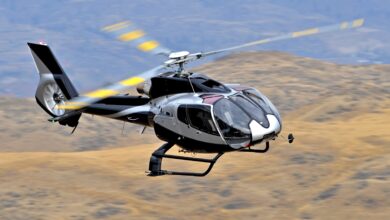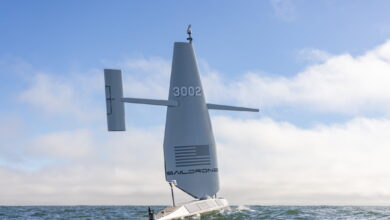US Navy Seeks Combat Helicopter Sensor Networking Capability
The US Navy has awarded a contract to American defense firm Northrop Grumman to provide additional sensor networking capability for the country’s attack and utility helicopters.
As part of the $24.3 million agreement, the company will supply 25 Link 16 production B kits, three Link 16 B kit spares, and two Link 16 flight training device B kits for UH-1Y Venom and AH-1Z Viper helicopters.
Link 16 is a military data link network that allows aircraft and ships to exchange their tactical pictures in near real-time. It is based on time-division multiple access communications technology, which provides secure, jam-resistant, and high-speed digital data links.
The technology supports the exchange of text, imagery, and digital voice messages for combat and utility helicopters.
Work for the contract will be performed at a production facility in California. All orders are expected to be complete by June 2024.
Technological Edge
Northrop’s Link-16 system is part of a modernization effort to ensure the technological edge and combat capability of the UH-1Y Venom and AH-1Z Viper helicopters throughout their service life.
Earlier this year, the US Marine Corps successfully demonstrated a two-way connection between the Viper helicopter and a ground station using advanced Link-16 hardware and software.
According to the American defense firm, the system enables attack helicopters to quickly obtain and share information from their sensors with other weapon systems using its onboard digital architecture.
Northrop’s Link-16 package includes a new digital moving map, a new security architecture, and Advanced Networking Wideband Waveform datalinks.
“Northrop Grumman’s Link-16 system will help US Marines today, and well into the future, with critical technology that facilitates coordination, collaboration, and interoperability,” Northrop official James Conroy explained in June.
He added that the Link 16 system could give operators greater situational awareness and enhanced survivability.












